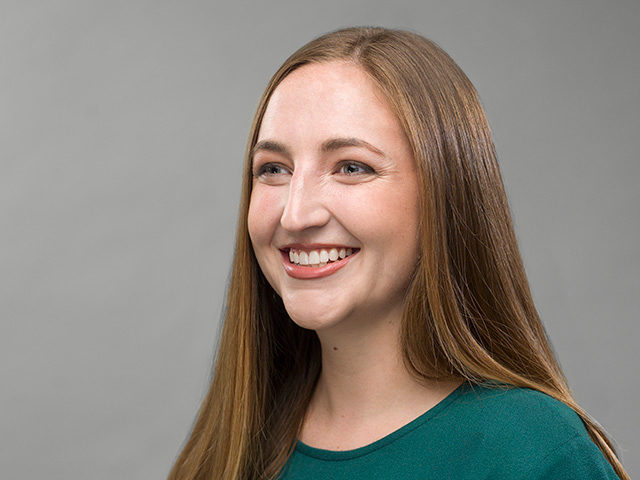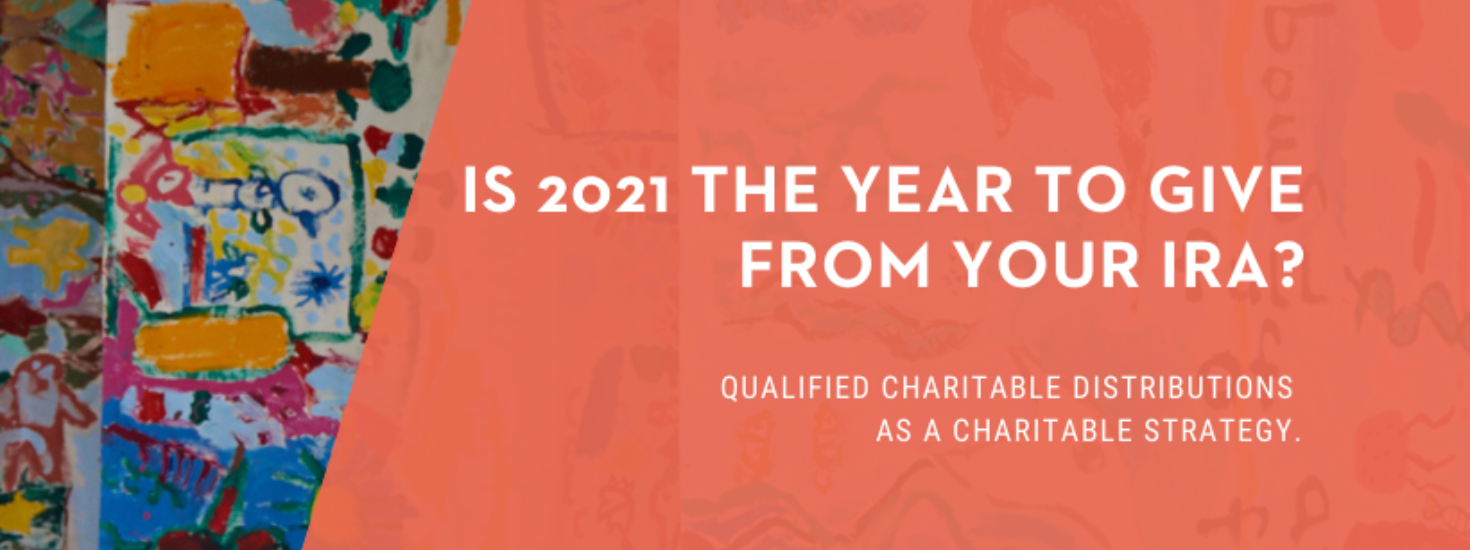What a year it has been. As our community dealt with the impact of the COVID-19 pandemic, Grand Rapids Community Foundation worked hard to address the deep historic racial, social and economic inequities that exist in our community. We have been able to respond to the most pressing needs, especially as the pandemic exposed the deep disparities in our community. Our donor partners showed up in a big way. The generous support we received for our Kent County COVID-19 Recovery Fund and our Fund For Community Good allowed us to stand alongside our nonprofit partners (old and new!) during a difficult year.
Some donor partners evaluate different giving strategies on an annual basis, and decide how to give based on advantages that may change year to year. As we enter a new calendar year under a new presidential administration, it is unclear what a tax package may look like for 2021 and beyond. What we do believe is that qualified charitable distributions (QCD) from an Individual Retirement Account (IRA) will remain a tax-efficient way to give.
What is a Qualified Charitable Distribution?
A qualified charitable distribution is money that individuals who are 70 ½ or older may direct from their traditional IRA to eligible charitable organizations, with a cap of $100,000 each year. Individuals may exclude the amount distributed directly to an eligible charity from their gross income. These gifts are sometimes referred to as an “IRA charitable rollover.”
Why should someone give through a QCD this year?
Giving through a QCD allows a donor to avoid income tax that would have been due on the amount withdrawn. The amount withdrawn is not only is excluded from gross income on the Federal return, but is also excluded from Michigan income tax because it is not included in Federal adjusted gross income. Since there is no charitable deduction involved, the QCD is an incentive even for non-itemizers.
In 2020, changes to the rules that govern retirement accounts meant distributions were not required. At present in 2021, required minimum distributions are back in effect, providing a great incentive for donors to consider a QCD this year.
Key considerations:
- Donors benefit by not having to recognize as income the amount contributed directly from their IRA to a qualifying charity.
- Because donors exclude this contribution from their gross income, they cannot take a charitable contribution deduction for the contribution; to do so would result in a double benefit for donors.
- Distributions must be given directly by the IRA administrator to the charity (funds cannot come directly from the donor).
- QCDs qualify to almost all types of funds typically held by community foundations—such as unrestricted, scholarship, field-of-interest, and designated funds. The exception is that a distribution to a donor advised fund will not qualify for this special treatment.
- The SECURE Act, passed in 2019, increased the age at which IRA owners are required to make a minimum distribution from age 70 ½ to age 72. Any IRA owner who reached or will reach age 70 ½ after December 31, 2019 must begin RMDs the year they reach age 72.
The Community Foundation has great professional advisor partners who can assist in navigating your personal legal and financial situation. The full list of partners can be found at grfoundation.org/advisors. Community Foundation staff are working remotely and are available by phone, email, or video conference should you have any questions.
Shaun is Major & Planned Gifts Director at Grand Rapids Community Foundation. He explores ways to introduce new donors to the Community Foundation through the creation of new funds and/or planned gifts. Shaun holds the CAP (Chartered Advisor In Philanthropy) designation from the American College of Financial Services and serves on the local boards of the Western Michigan Estate Planning Council, Western Michigan Planned Giving Group, and Rotary Club of Grand Rapids. Click here to learn more about Shaun.

